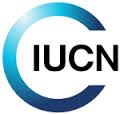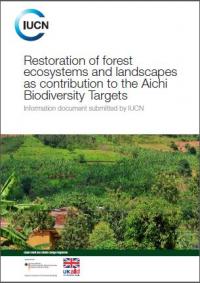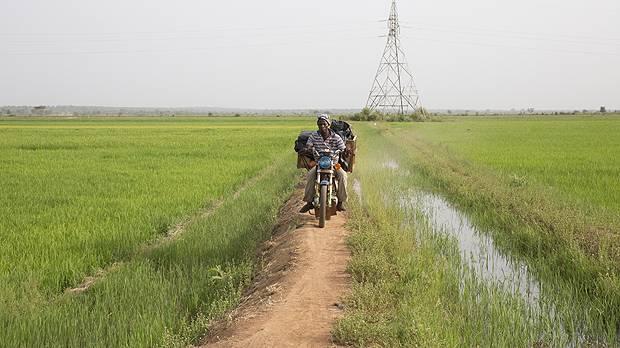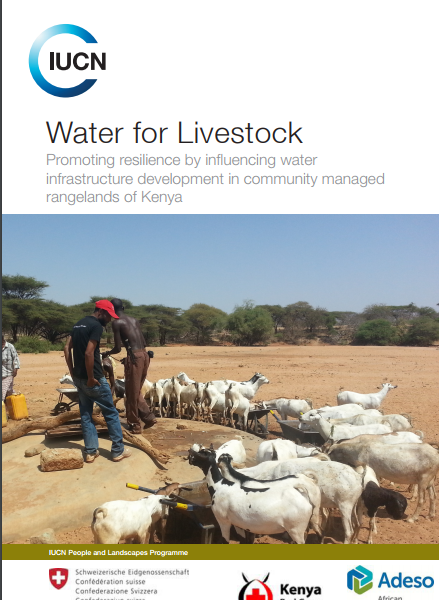Location
IUCN is a membership Union uniquely composed of both government and civil society organisations. It provides public, private and non-governmental organisations with the knowledge and tools that enable human progress, economic development and nature conservation to take place together.
Created in 1948, IUCN is now the world’s largest and most diverse environmental network, harnessing the knowledge, resources and reach of more than 1,300 Member organisations and some 16,000 experts. It is a leading provider of conservation data, assessments and analysis. Its broad membership enables IUCN to fill the role of incubator and trusted repository of best practices, tools and international standards.
IUCN provides a neutral space in which diverse stakeholders including governments, NGOs, scientists, businesses, local communities, indigenous peoples organisations and others can work together to forge and implement solutions to environmental challenges and achieve sustainable development.
Working with many partners and supporters, IUCN implements a large and diverse portfolio of conservation projects worldwide. Combining the latest science with the traditional knowledge of local communities, these projects work to reverse habitat loss, restore ecosystems and improve people’s well-being.
Resources
Displaying 36 - 40 of 142Restoration of forest ecosystems and landscapes as contribution to the Aichi Biodiversity Targets
This document provides information on how implementing forest landscape restoration (FLR) at the jurisdictional and national level can offer countries a way to recover degraded forests and bring back key forest ecosystem functionalities in a way that will increase biodiversity levels in a landscape while contributing to achieving several Aichi Biodiversity Targets.
Securing land tenure for farmers in the Sélingué and Maninkoura irrigation schemes
This study presents the results of field interviews with farmers, managers and the private sector from the Sélingué and Maninkoura (Mali) irrigation schemes to discuss how the current terms and conditions of the farming contract are implemented. These interviews focused on the functioning of the land management system as perceived by the stakeholders. The aim was to discuss the necessary and possible reforms of land tenure security which might allow a better development of smallholder farms.
Sécuriser les producteurs des périmètres irrigués de Sélingué et Maninkoura
Cette étude présente les résultats des enquêtes auprès des acteurs paysans, gestionnaires et acteurs privés des périmètres de Sélingué et Maninkoura (Mali) concernant les modalités d’application et la pertinence du cahier des charges actuel. Les entretiens portaient sur le système de gestion foncière et le développement des périmètres tels que les acteurs pouvaient le percevoir. Il s’agissait, avec l’ensemble des acteurs, de discuter des formes de sécurisation foncière, nécessaires et envisageables, qui pourraient permettre un meilleur développement des exploitations familiales.
Sécuriser les producteurs des périmètres irrigués de Sélingué et Maninkoura
Water for Livestock
The first phase of the “Water for Livestock in Isiolo and Garissa Counties, Kenya — Enhancing water resource and rangeland management community capacity through training and strategic water development” has been implemented in in the arid and semi-arid lands of Kenya by IUCN, the Kenya Red Cross Society, and Adeso, with the support from the Swiss Agency for Development and Cooperation. The overall objective of the pilot phase of the project was to improve livelihoods and resilience against drought for targeted communities in North Eastern Kenya.







